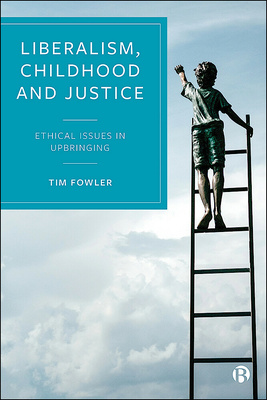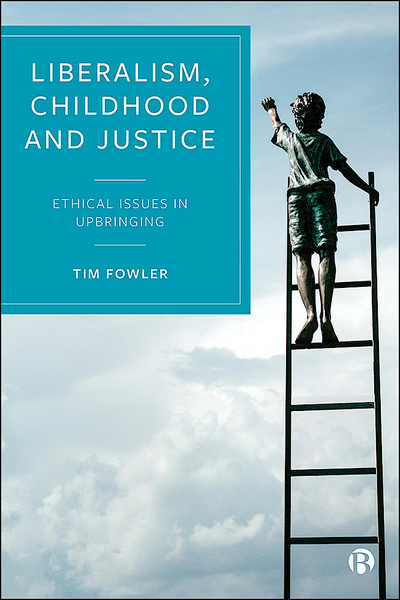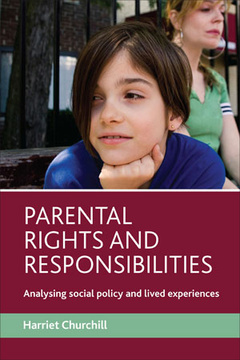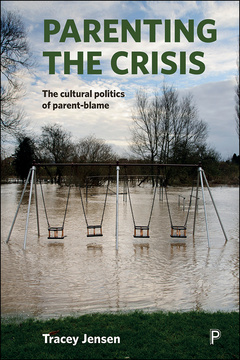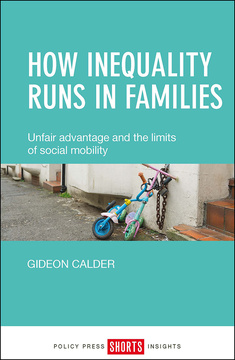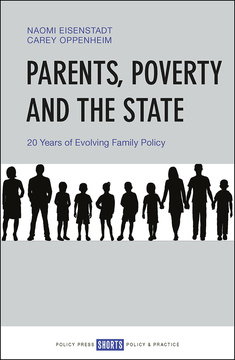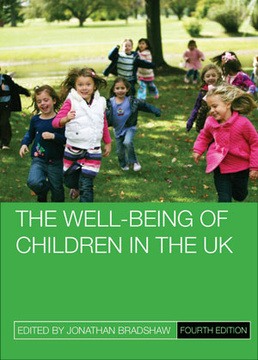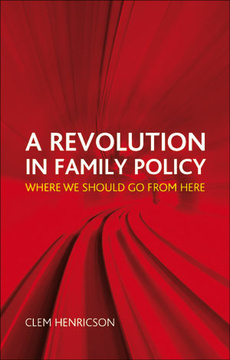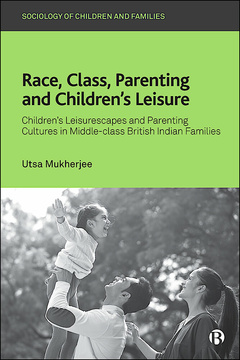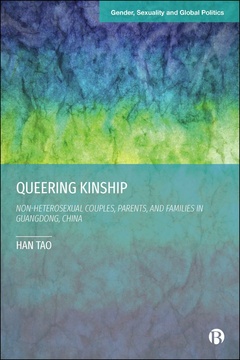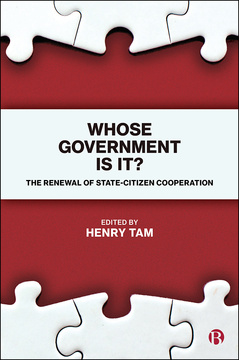Published
May 5, 2021Page count
208 pagesISBN
978-1529201642Dimensions
234 x 156 mmImprint
Bristol University PressPublished
Feb 19, 2020Page count
208 pagesISBN
978-1529201635Dimensions
234 x 156 mmImprint
Bristol University PressPublished
Feb 19, 2020Page count
208 pagesISBN
978-1529201666Imprint
Bristol University PressPublished
Feb 19, 2020Page count
208 pagesISBN
978-1529201666Imprint
Bristol University PressThis radical and critical account of family justice explores children’s wellbeing and ethical issues in children’s upbringing through the lens of political philosophy. Fowler reconceptualises what constitutes children’s wellbeing, the duties of parents to promote children’s wellbeing and the collective obligations of state and society to ensure that children’s best interests are advanced and protected.
Arguing that the wellbeing of children should not be measured in terms of subjective happiness but rather by them coming to hold an appropriate set of values and aspirations, Fowler challenges the dominant liberal model of parenting and calls instead for all citizens to take greater responsibility for guaranteeing that children lead flourishing lives.
“Fowler’s arguments, which are numerous and well-wrought, are illustrated with intuitive and accessible examples. A pleasure to read, this book is terrific.” Harry Brighouse, University of Wisconsin-Madison
Tim Fowler is a Research Fellow in Sociology, Politics and International Studies and a Lecturer in Political Theory at the University of Bristol.
PART I: Children and Moral Theory
1 The Aims of a Moral Theory
2 What is a Child?
PART II: A Distributive Theory for Children
3 The Currency of Children’s Justice
4 Welfare across the Lifespan
5 Priority, Not Equality, of Welfare
PART III: Perfectionism and Upbringing
6 The Case against Neutrality
7 Understanding Perfectionism
8 The Implications of Perfectionism
PART IV: The Rights and Duties of Parents
9 The Project View of Parenting
10 Distributing Parental Duties
11 Perfectionism and Parenting
12 Beyond Parents: Collective Duties to Children
PART V: Distributive Implications
13 Children’s Distributive Outcomes: Equality of Opportunity?
14 Paying for Childcare
Conclusion







